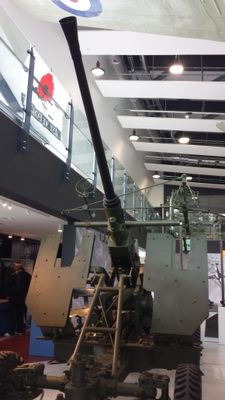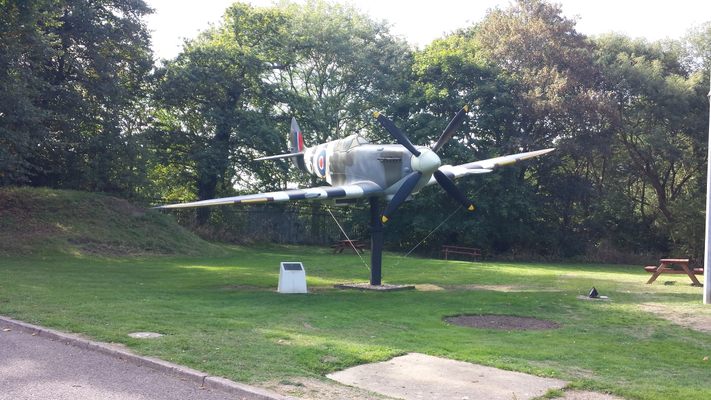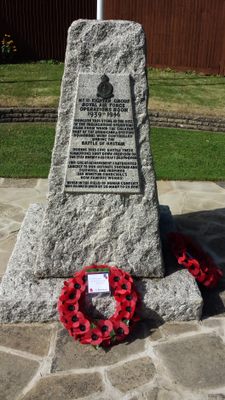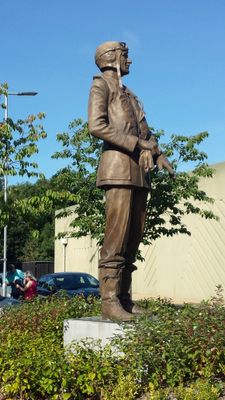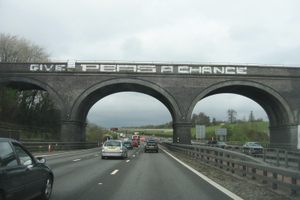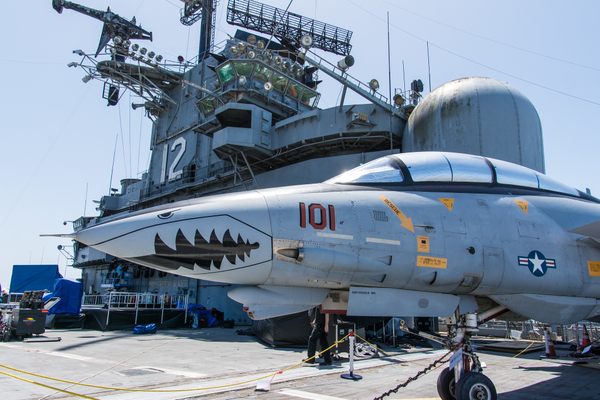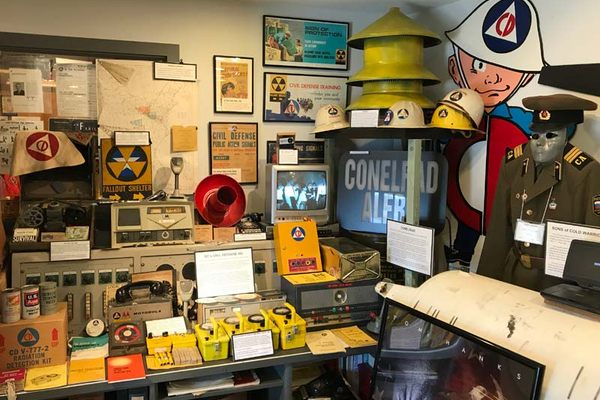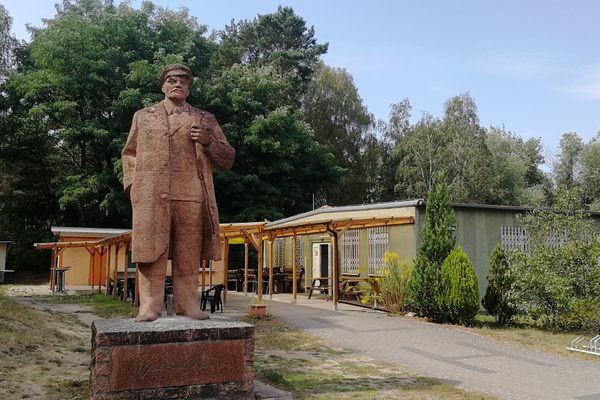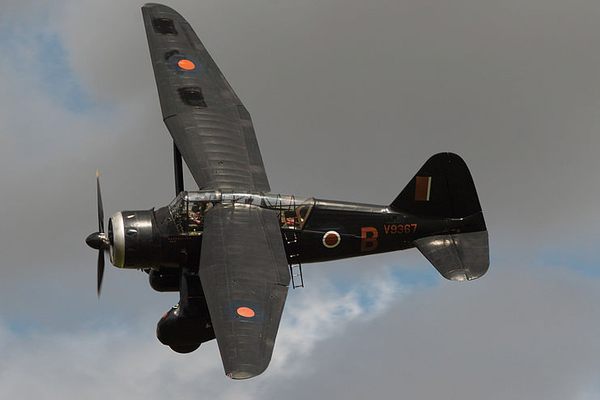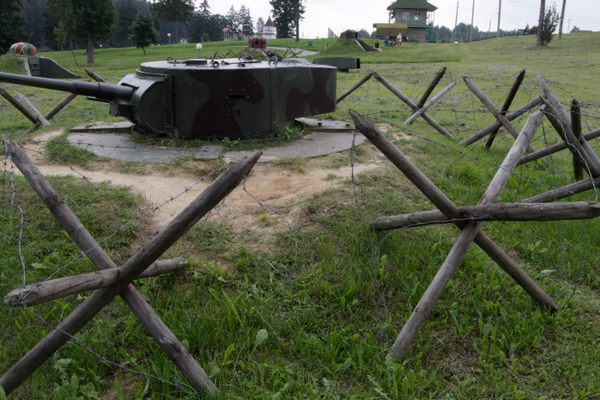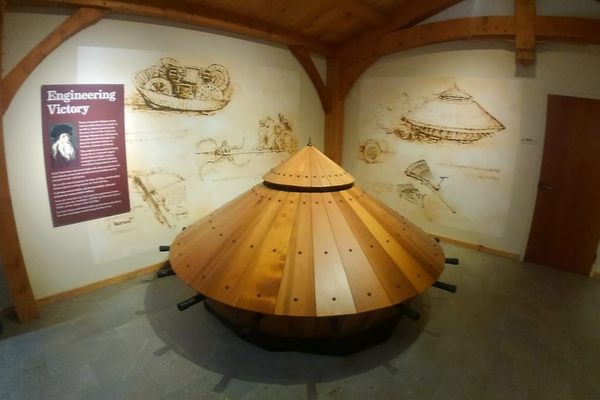About
Around 60 feet below ground. within the Royal Air Force (RAF) station in Uxbridge lies the Battle of Britain Bunker. It was in this room between July and October 1940 that the majority of the Battle of Britain - the showdown between the British RAF and the German Luftwaffe - was directed and ultimately won.
Although there were four groups across the country controlling fighter squadrons, the No. 11 Group, operated out of this room, shooting down over 1,300 of the 1,733 German aircraft eventually destroyed in the conflict.
Throughout the siege, nearly 50 radar stations worked to detect enemy aircraft positions and report them to Fighter Command Headquarters. This information was then passed to plotters in bunkers like this one, who were responsible for tracking the location of both German and RAF forces. Many of these plotters were, famously, women - members of the Women's Auxiliary Air Force (WAAF). Plotters placed wooden blocks (each assigned a code representing formation, strength and number) on the map at the squadron's location. Color coding showed at a glance how up-to-date each block was.
The group's controller sat in the room above, in clear view of both the map table and the large wall board. The board displayed detailed information about all available British squadrons and their state of readiness, as well as other relevant facts, including weather conditions. The controller would use all this information to direct RAF squadrons to their target, with time of the utmost essence. From the point when a German plane was spotted, there might be only around 20 minutes until it could be flying over London. It took around 16 minutes to scramble an RAF squadron to intercept it.
At the end of his visit to the Battle of Britain Bunker on August 16th, 1940, Prime Minister Winston Churchill spoke the now-famous words “Never in the field of human conflict was so much owed, by so many, to so few.” He said the phrase as he got into his car, close to the bunker's entrance, then repeated it in the House of Commons on August 20th.
Churchill visited the bunker again on September 15th, 1940, the decisive day of the battle. In his memoirs he wrote about the moment at which “all of the bulbs glowed red,” referring to the squadron state boards in the Operations Room, which indicated that every No.11 Group squadron was engaged in combat at the same time. September 15th is now known as Battle of Britain Day, and serves as an annual commemoration of the battle in the United Kingdom.
The bunker also houses a small museum with a collection of artifacts relevant to the Battle of Britain and the Royal Air Force in general, including aircraft parts, weapons, medals, uniforms, and photographs.
Related Tags
Know Before You Go
See Visitor Information on website
Community Contributors
Added By
Published
September 16, 2015




